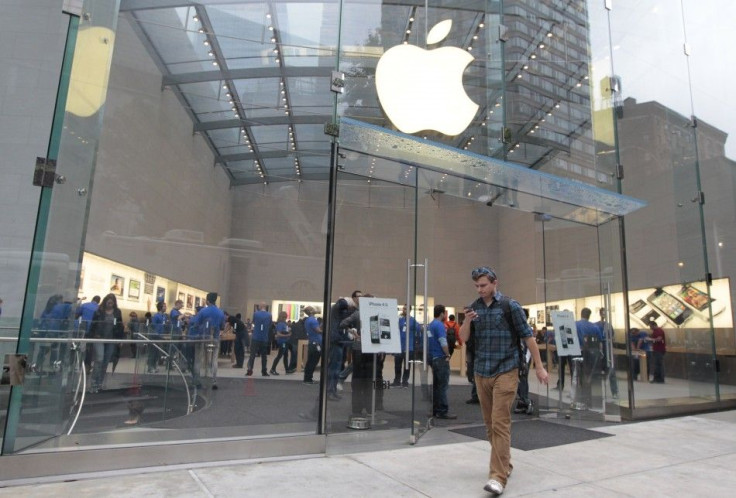Apple Found Guilty In eBook Trial; What's Next?

In the case of the U.S. v. Apple Inc. et al, U.S. District Judge Denise Cote of Manhattan found Apple Inc. (NASDAQ: AAPL) guilty of conspiring to raise the retail prices of electronic books back in 2010. Judge Cote said the U.S. government and various states are entitled to injunctive relief, and Apple will await a separate trial to determine damages for violating antitrust law.
"The plaintiffs have shown that the publisher defendants conspired with each other to eliminate retail price competition in order to raise e-book prices, and that Apple played a central role in facilitating and executing that conspiracy," Judge Cote said.
The Justice Department called the decision a "victory for millions of consumers who choose to read books electronically."
Apple was originally accused by the DOJ of colluding with five electronic book publishers, but all five companies, including News Corp's HarperCollins Publishers Inc., CBS Corp's Simon & Schuster Inc., Lagardere SCA's Hachette Book Group, Pearson PLC's Penguin Group USA and Macmillan (part of Verlagsgruppe Georg von Holtzbrinck GmbH) never went to trial, opting to settle with the U.S. government and the states out of court.
The DOJ initially accused Apple of acting as a "go-between" with the five publishing houses back in 2010, as the iPhone maker was getting ready to debut its first-ever iPad in March of that year. The alleged collusion with e-book publishers reportedly pushed up the average price of a U.S. e-book from $2 to $3 in a three-day period in early 2010.
The e-book lawsuit described how Apple frequently met with several publishing executives in private dining rooms of upscale Manhattan restaurants to discuss confidential business and competitive matters, including Amazon's e-book retailing practices -- which many of the accused e-book publishers reportedly called the “$9.99 problem” -- for at least a year, beginning no later than September 2008.
Apple's solution, which became known as the "agency model," allowed publishers to set their own prices on e-books and give a 30 percent commission to Apple; it was a stark contrast to the print book model, where publishers would charge the retailer but ultimately let the retailer set their own price for the book.
Steve Jobs, the late Apple co-founder who died in October 2011, described his pitch to e-book publishers to his biographer, Walter Isaacson. "We told the publishers, 'We'll go to the agency model, where you set the price, and we get our 30 percent, and, yes, the customer pays a little more, but that's what you want anyway,'" Jobs said. "They went to Amazon and said, 'You're going to sign an agency contract or we're not going to give you the books.'"
In an April 26 filing, Apple said the publishers initially balked at the idea of giving 30 percent commission to Apple, and in response, each company independently decided to adopt measures to force Amazon into raising its e-book prices, most notably by selling expensive hardcover books first to bookstores in what's known as "windowing." Apple said in its filing that it encountered many different obstacles and counterproposals from the e-book publishers, but demanded the book publishers completely forsake their "windowing" methodology.
The DOJ believes Amazon's market share in e-books dropped from 90 percent to roughly 60 percent market share once the agency model was introduced in 2010, as a result of the reported collusion.
"Without Apple's orchestration of this conspiracy, it would not have succeeded as it did in the spring of 2010," Judge Cote said.
Cote issued her 159-page decision (embedded below) after a non-jury trial that ended on June 20. Apple spokesman Tom Neumayr said Apple will appeal the decision, saying the company plans to fight the "false accusations." At the trial, Cote said she will schedule a hearing to discuss possible damages; the date of that trial has not been set.
It's unclear how this court decision will impact how Apple and electronic book publishers sell e-books online. We've reached out to Apple and the five book publishers for comment, and we'll update this story as soon as we learn more.
© Copyright IBTimes 2024. All rights reserved.






















